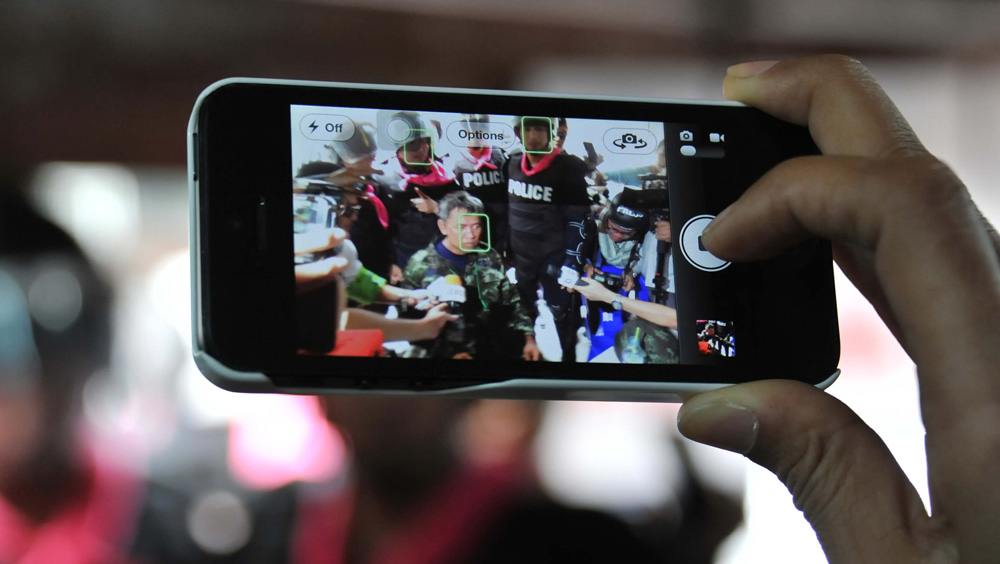

The right to take photographs and record videos of a public space is generally protected by the First Amendment. But freedoms of speech and the press are not unlimited. The boundaries of when people can record, and when recording can be limited, are regularly pushed and tested by journalists, government officials, regular people with cameras ― and First Amendment audits.
A First Amendment audit occurs when people film public officials or employees to hold them accountable or "test" their right to film in public spaces like town halls, libraries, police stations, parking lots, or state and local agencies. The public space "passes" the test if the audit is uneventful. It fails the test if a public employee confronts the person filming — or "auditor" — attempts to stop them from filming, threatens them with arrest, or removes them from the public space.
First Amendment audit videos are often posted to YouTube. The audits themselves have become a form of activism, with proponents saying that they promote transparency and open government.
The U.S. Supreme Court has recognized a "paramount public interest in a free flow of information to the people concerning public officials." Other federal courts have found that the First Amendment freedoms of the press and speech protect the right to film in public spaces. For example, one federal appeals court has ruled that, "A citizen's right to film government officials, including law enforcement officers, in the discharge of their duties in a public space is a basic, vital, and well-established liberty safeguarded by the First Amendment."
This means that auditors can legally film their interactions with employees and officials in public spaces without first obtaining their consent. However, this right is not without limitations. Auditors have no right to film in nonpublic spaces ― places where someone has a reasonable expectation of privacy and where others would need permission to enter, such as a personal office. But they can record anything they can see from a public space with their naked eye, which may include some parts of nonpublic spaces.
And even in public spaces, public officials and employees are allowed to enforce reasonable time, place and manner restrictions that are compatible with the intended use of the public space. Such restrictions cannot be specifically targeted at the auditor or be applied based on the view or message of someone who wants to access the space. But, for example, rules could limit any public access to only working hours, ban any use of speakers to play loud music that interrupts work, prohibit weapons, and restrict other behaviors that prevent public employees from doing their jobs. These types of rules are content neutral, meaning that they are not related to the message the visitor wants to express; they apply equally to everyone who wants to access the public space.
Critics of First Amendment audits have argued that audits use tactics like intimidation and harassment to provoke public officials or employees into violating the First Amendment.
As two lawyers for New Hampshire municipalities put it, "First Amendment audits have become a significant source of income for auditors. Auditors get paid by posting their videos online, primarily on YouTube, where they request and receive donations from 'subscribers' to help fund their 'work.' The more inflamed the interaction, the more views they get and the more money they make. To make matters worse, auditors compete with each other for views and money, which further incentivizes them to engage in highly confrontational behavior to provoke an even greater negative response from town officials and employees."
In August 2022, an Arizona YouTuber pled guilty to cyberstalking following years of recording ― and harassing ― an attorney general's office employee.
First Amendment audits are controversial in part because they test limits. First Amendment rights are not unlimited, and some First Amendment audits do cross the line and violate the law or even put people in danger. But recording officials can provide a valuable public service by exposing officials' wrongdoing and protecting all our rights — and that's what the First Amendment is designed to enable.
Lata Nott is a fellow for the First Amendment at the Freedom Forum. Follow her on X at @LataNott.